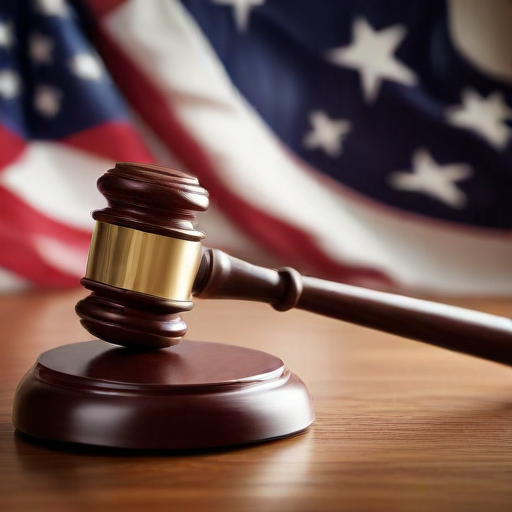The Illinois Supreme Court has made a pivotal ruling regarding Jussie Smollett, the former “Empire” actor, overturning his conviction for allegedly staging a hate crime against himself in Chicago in 2019. The court found that Smollett’s constitutional rights were violated after he was prosecuted a second time, following the dismissal of the original charges.
This ruling does not address whether Smollett is guilty or innocent but instead focuses on a significant legal point: the violation of his due process rights during the prosecution process. Legal experts indicated that the second prosecution went against established agreements made between Smollett and the state’s attorney’s office when the initial charges were dropped in 2019, which involved a deal for community service and bond forfeiture.
The Illinois Supreme Court’s ruling stated that a second prosecution under these circumstances constitutes a due process violation. Smollett’s attorney expressed relief over the decision, emphasizing that the case was marred by what they described as a vindictive prosecution rather than a fact-based case. Smollett has consistently maintained his innocence throughout the ordeal.
However, the ruling did not exonerate Smollett in terms of the evidence against him, as highlighted by special prosecutor Dan Webb, who expressed disappointment with the Supreme Court’s decision, asserting that the overwhelming evidence presented at trial indicated Smollett’s guilt.
Regarding the implications moving forward, while Smollett faces no further criminal charges, he still contends with a civil case from the City of Chicago over costs related to the investigation of the initial complaint. This case could continue to unfold, potentially impacting both parties involved.
Legal analysts have pointed out that the Supreme Court’s conclusion underscores the importance of adhering to legal agreements, bringing attention to the balance between prosecutorial authority and individual rights.
Overall, the resolution of this case could help reinforce the principles of justice and due process in the legal system. As Smollett looks forward to the next chapter of his life, the case serves as a reminder of the complexities involved in the intersection of law, public opinion, and individual circumstances.
This outcome offers a sense of hope for maintaining legal integrity, suggesting that even in highly publicized cases, the foundational principles of justice should prevail.
